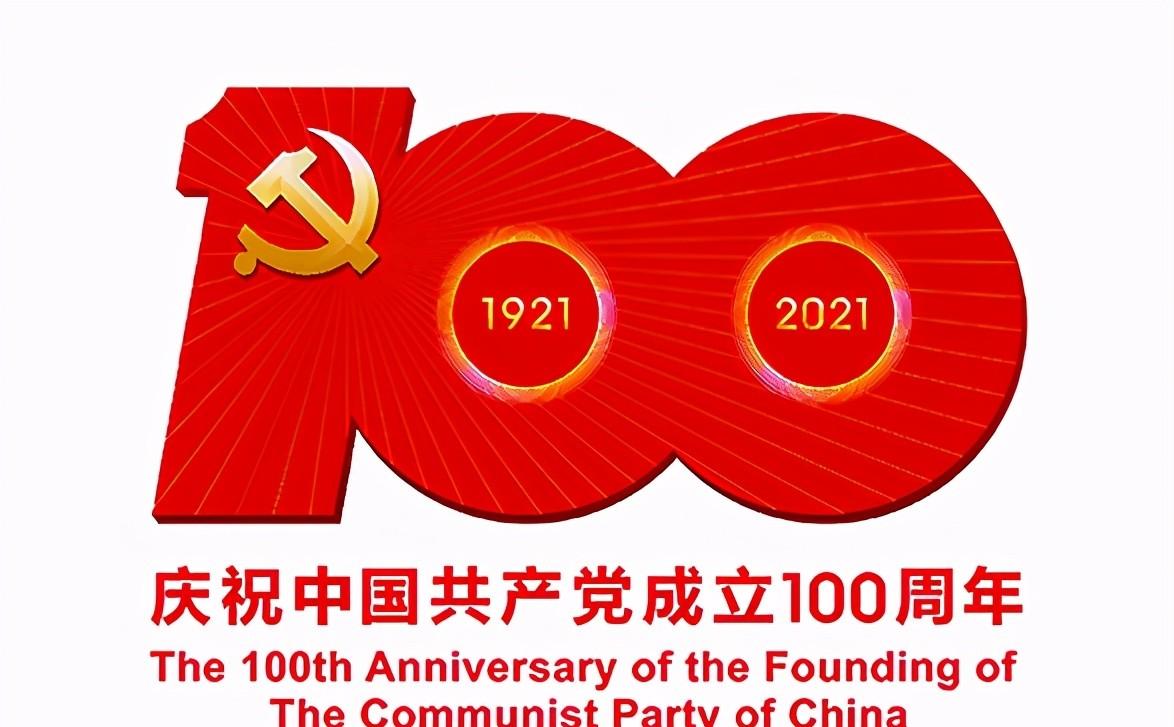Written by Yunnan Elderly Daily Carnation Editor Xu Min

Red Archives ・ Three Stars
Cui Ming, 95 years old, retired cadre of the Yunnan Academy of Social Sciences, a native of Dacun, Xiaya Town, Dianbai County, Guangdong Province. In January 1945, she participated in the "Hualou Baihualing Anti-Japanese Uprising", and then went to Vietnam with the troops to participate in the Vietnamese people's struggle against the French.
Looking back on his revolutionary career, the old man said: "Loving the party and the country and the people is the original intention and mission of our communists. ”
Photo taken by Choi Myung while in Vietnam
< H1 class = "pgc-h-arrow-right" > joined the Dianbai People's Anti-Japanese Guerrillas</h1>
From April to December 1944, in order to save the defeat in the Pacific Theater, the Japanese army launched a battle to open up the Chinese mainland communication line, and successively occupied Zhengzhou, Xuchang, Changsha, Hengyang, Guilin, Liuzhou, Nanning and other places.
In January 1945, the Cpc South Road Special Committee decided to hold an armed uprising against Japan. Party organizations around the South Road responded one after another. Pang Zi, secretary of the special branch of Dianbai County, quickly formed the first squadron of the Dianbai People's Anti-Japanese Guerrilla Group and served as an instructor and Chen Guangjie as the leader, and Cui Ming was one of only two female members of the guerrilla group. Chen Guangjie organized a guerrilla group of more than 70 people in Hualou Village, collected more than 30 firearms, and prepared for the uprising.
On January 27, the landlords and bullies of Hualou Village sent a message to the Kuomintang reactionaries and sent troops to surround Hualou Fort and sabotage the anti-Japanese armed uprising. Fortunately, the 15-year-old guerrilla Chen Guangwei discovered and reported the enemy situation in time, and more than 30 guerrillas withdrew from Hualou Fort and moved to Baihualing, while the rest of the members were scattered and hidden.
At 11:00 p.m. on the 29th, more than 200 enemies took advantage of the night to touch Baihualing to carry out "encirclement and suppression." The enemy was outnumbered, the guerrillas had to disperse and break through, and Cui Ming and four or five guerrillas hid in a cave. "We have been graining rice for more than 30 hours in a row. Fortunately, a farmer, Abel, quietly brought us steamed buns and water to survive. Cui Ming recalled.
After escaping the enemy's manage at Baihualing, Cui Ming hid in a wealthy family in Nanhai Village for more than a month, and then hid in a fisherman's house. A few months later, after several searches for contacts, Cui Ming finally returned to the embrace of the party organization and was sent to the Maonan base area in Guangdong to take charge of women's work and form a militia.
<h1 class = "pgc-h-arrow-right" > support Vietnam's struggle against France</h1>
After the victory of the War of Resistance Against Japanese Aggression, the Kuomintang reactionaries did not recognize the anti-Japanese armed forces led by the Communist Party of Nanlu, slandered the Guangdong South Road People's Anti-Japanese Liberation Army as bandits, and gathered more than 3,000 troops to encircle and suppress them. The People's Anti-Japanese Liberation Army on Guangdong South Road suffered serious losses, and the South Road Special Committee decided to form a main force of more than 800 people with the 1st Regiment as the main force and move to Guangxi's 100,000 Mountains to persist in the struggle. Later, after consulting the Guangdong District Party Committee and the Party Central Committee, and contacting Ho Chi Minh of Vietnam, the troops entered Vietnam for recuperation.
In 1946, Choi Ming withdrew to Vietnam with Yu Mingyan, secretary general of the South Road Special Committee. When the Franco-Vietnamese War broke out in October of the same year, Choi Minh joined the Vietnamese people in their struggle against France. She used her experience in guerrilla warfare to go deep into the countryside to mobilize the masses to carry out struggles; she was brave and wise, and led more than 100 people to break through the enemy's 6 blockade lines.
"This is a photo I took when I was in Vietnam." Cui Ming's grandmother said, the reporter should go to prestige, only to see that in the black and white photo, Cui Ming wore two big braids, just like a movie star, and there was a pistol pinned to the belt around his waist, heroic and cool.
<h1 class= "pgc-h-arrow-right" > I am Chinese and I love my country</h1>
In June 1949, the Chinese People's Liberation Army won the victory in the Battle of the Crossing River, and the defeat of the Nationalist government was decided, and Cui Ming was very excited and applied to return to China. The Vietnamese chief appreciated Cui Ming very much, talked to her many times, and also offered her a lot of preferential conditions, hoping that she could continue to work in Vietnam, but Cui Ming said flatly: "I am Chinese, I love my motherland, I want to return to China!" ”
In July of the same year, Cui Ming returned from the Border of Wenshan in Yunnan. After returning to China, he successively worked in the party committee of the Yunnan-Guizhou-Guiqian Border Region and the four detachments of the border district column, and later served as the confidential secretary of the border column leading organ and the secretary of the party branch of the organ, participating in and witnessing the liberation of Yunnan.